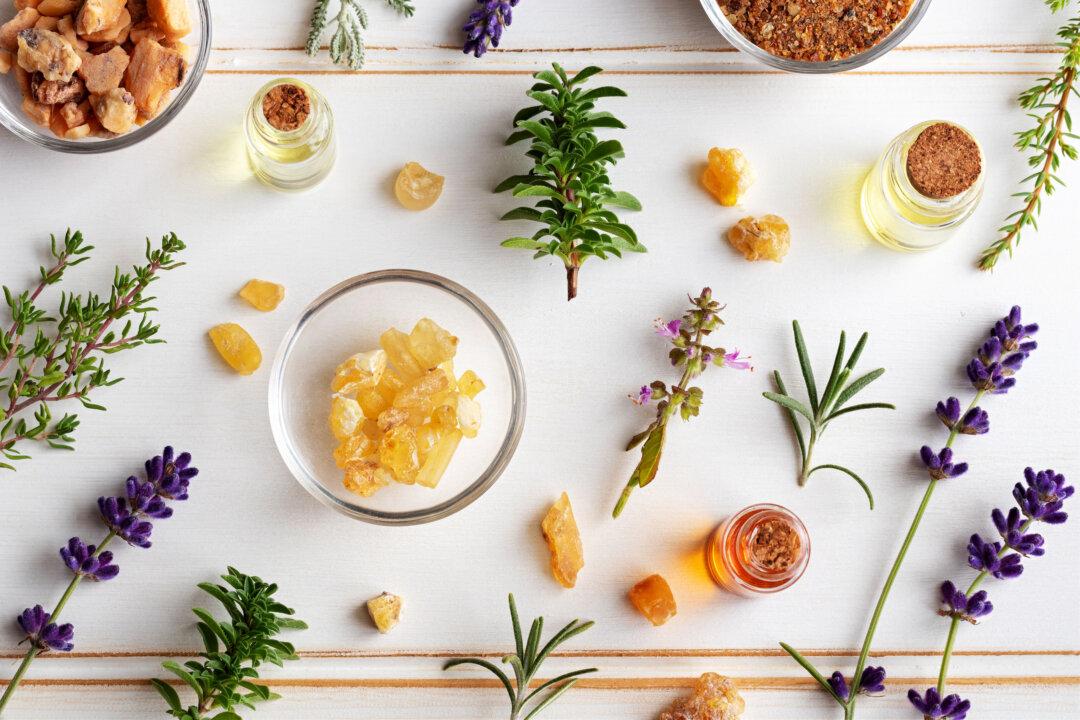Argania Spinosa - The botanical name of the Argan Tree which is endemic to Morocco.
The Argan forest is confined almost exclusively to the semi arid south west of Morocco where it can be found as solitary trees or in groves covering an area of about 800,000 hectares (8,000 square kilometers).
The Argan ecosystem is an essential component of the ecological balance of the area and protects against desertification.
The Argan forest of Morocco is now a UNESCO (United Nations Educational & Scientific Cultural Organization) protected Biosphere Reserve.

Alex Malikov/Shutterstock




